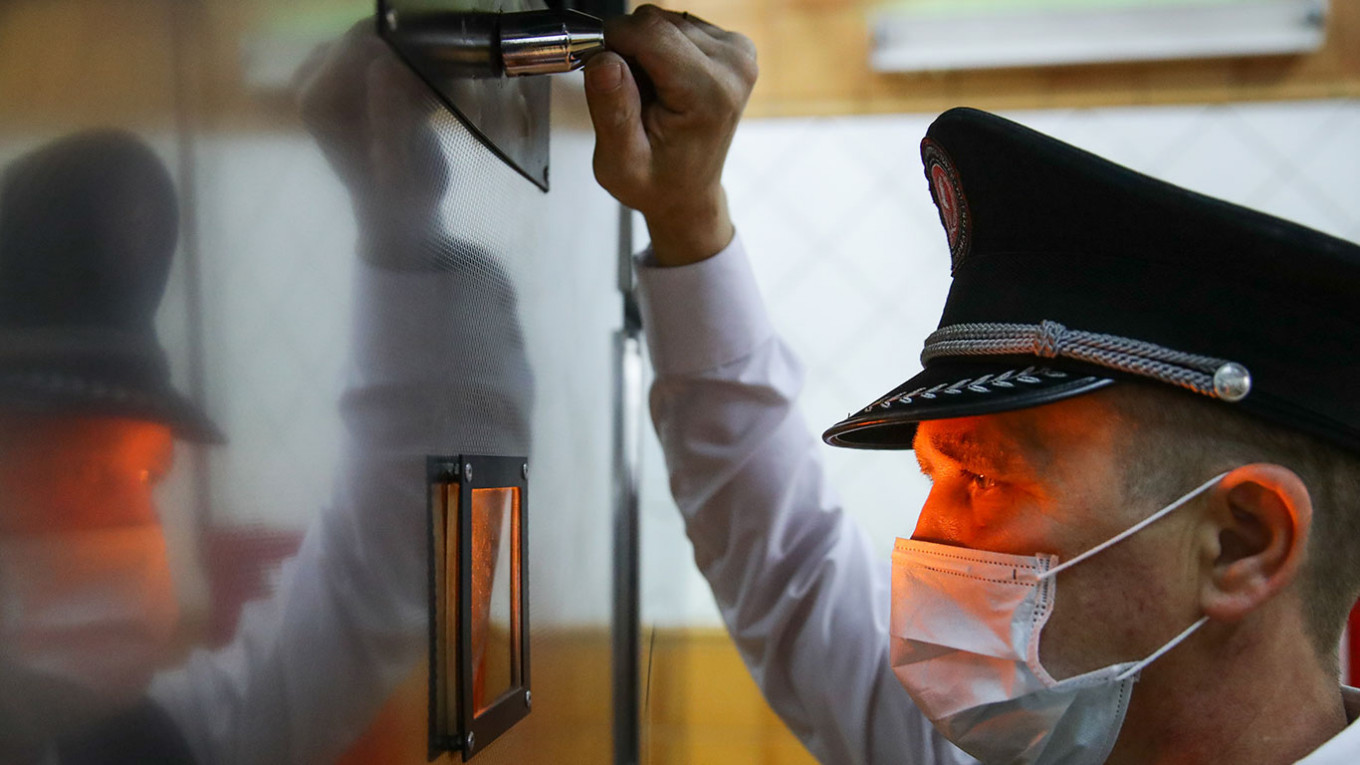Russian investors are taking interest in the crematorium business as Russians continue to die from the coronavirus at unprecedented rates — all while the country’s cemetery business is riddled with corruption, industry figures told The Moscow Times.
Russia has one of the world’s highest excess death tolls from Covid, both on absolute terms and after adjusting for population, with new infections and deaths surging to pandemic highs in recent weeks. As the death toll rises, Russians are increasingly choosing to cremate their loved ones rather than bury them, industry leaders said.
“Interest in building crematoriums has significantly increased over the past few months,” Pavel Kodysh, president of the Russian Union of Burial Organizations and Crematoriums, told The Moscow Times.
According to the association’s estimates, there are currently only 30 crematoriums in Russia. Some are state-run while others are privately owned.
The demand for cremation is mainly driven by cost concerns, Ilya Boltunov, the head of the Cranes funeral home, told The Moscow Times.
In addition to dealing with the grief of losing a loved one, many Russians are forced to pay hidden fees during the process of burying the body at a specific cemetery, he said, linking these fees to rampant corruption within the industry.
“The cemetery business is one of the most monopolized and corrupt industries in Russia,” Boltunov said. “Cremating bodies is a more transparent business model compared to [paying] extensive bribes to organizations that own a monopoly on cemeteries.”
According to Boltuov, the industry is poorly regulated, which allows corrupt organizations to create artificial problems and charge clients extra for their resolution.
So while it costs approximately 40,000 rubles ($560) to bury a body at a cemetery, businesses tack on bribes in the form of “additional services” that can amount to up to 100,000 rubles ($1,400) extra, Bortunov said. In contrast, the average cost of cremation is around 20,000 rubles ($280).
Kodysh, the head of Russia’s burial organization and crematorium union, denied that burial prices were increasing due to the rise in Covid deaths, however, saying any additional fees count separately.
“The increased mortality rate from Covid did not affect prices,” Kodysh told The Moscow Times.
“If people take money for additional services, then these are naturally additional services, but this is not the case,” he said.
A Message from The Moscow Times:
Dear readers,
We are facing unprecedented challenges. Russia's Prosecutor General's Office has designated The Moscow Times as an "undesirable" organization, criminalizing our work and putting our staff at risk of prosecution. This follows our earlier unjust labeling as a "foreign agent."
These actions are direct attempts to silence independent journalism in Russia. The authorities claim our work "discredits the decisions of the Russian leadership." We see things differently: we strive to provide accurate, unbiased reporting on Russia.
We, the journalists of The Moscow Times, refuse to be silenced. But to continue our work, we need your help.
Your support, no matter how small, makes a world of difference. If you can, please support us monthly starting from just $2. It's quick to set up, and every contribution makes a significant impact.
By supporting The Moscow Times, you're defending open, independent journalism in the face of repression. Thank you for standing with us.
Remind me later.







